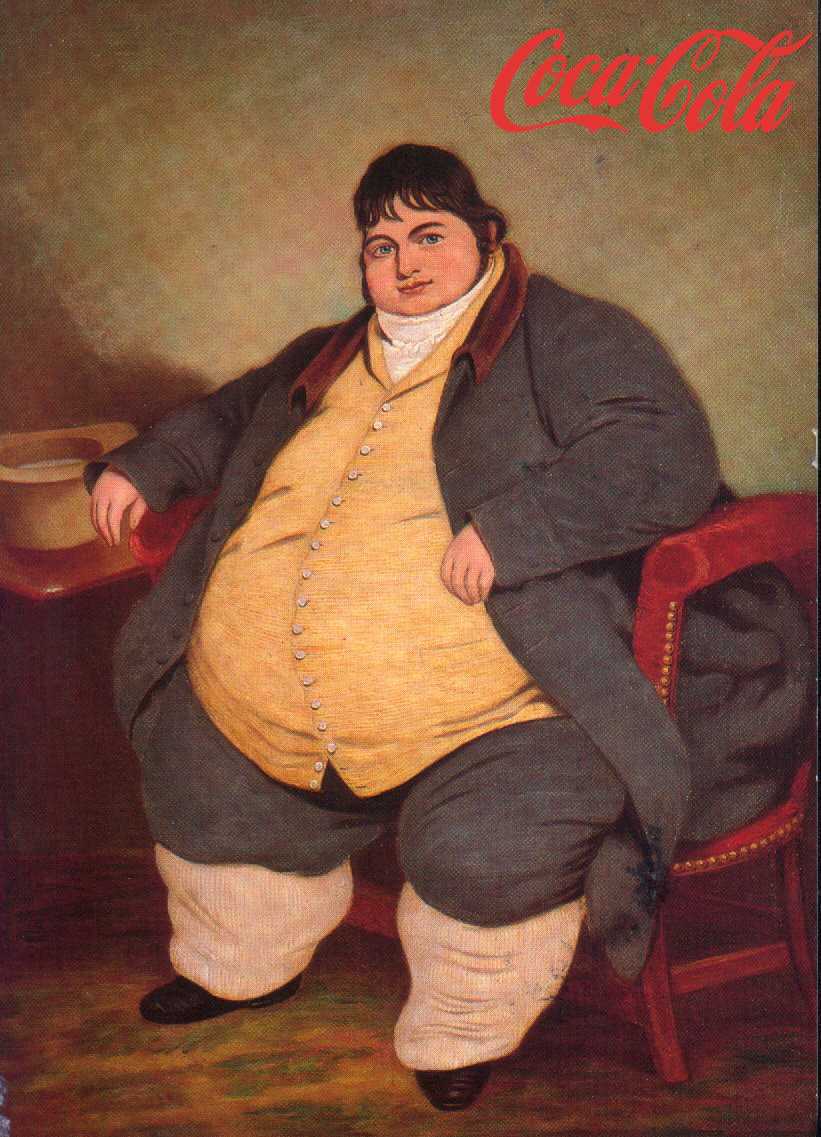Drinking cola on a regular basis is to me totally insane, and it’s difficult to believe that people actually do it. It is literally “obesity juice.”
Every time I think of some asshole ingesting concentrated sugar in the form of a corn syrup liquid, I think of DMX’s song “X GON’ GIVE IT TO YA.”
Because that is seriously what it is like. If you are going to absorb this kind of poisonous calorie bomb, you’re basically letting X give it to you.
Apparently, the idiots who drink this garbage every day don’t know who we be.
Coca-Cola’s work with scientists to downplay the role sugar plays in contributing to obesity has been called a ‘low point in this history of public health.’
The beverage company donated millions of dollars to a team of researchers at a non-profit claiming to look into causes of excess weight gain in the US.
However, the team ended up being a ‘front group’ for Coca-Cola and promoted the idea that it was a lack of exercise, not a bad diet, that was the primary driver of the US obesity epidemic.
What’s more, the group tried to downplay the fact that Coca-Cola was a donor of its research, and how much money the company gifted.
For the analysis, published in Public Health Nutrition, researchers from the University of Oxford; the London School of Hygiene & Tropical Medicine; the University of Bocconi in Milan, Italy; and US Right to Know teamed up.
They looked at more than 18,000 pages of emails between the Coca-Cola Company in Atlanta, West Virginia University, and the University of Colorado.
Both universities were part of Global Energy Balance Network (GEBN), claiming to be a non-profit organization studying obesity, which ran from 2014 to 2015.
But academics now say the group was created by Coke to minimize links between obesity and sugary drinks.
Coca-Cola directly funded GEBN, contributing at least $1.5 million by 2015, and distributed millions more to GEBN-affiliated academics to conduct research.
‘Coke used public health academics to carry out classic tobacco tactics to protect its profits,’ said Gary Ruskin, the executive director of US Right to Know
‘It’s a low point in the history of public health and a warning about the perils of accepting corporate funding for public health work.’
There were two main strategies, with the first being information and messaging.
This included obscuring Coca-Cola as the funding source and shaping the evidence based on diet and public health-related issues.
For example, in one email chain, the researchers tried to inflate the numbers of partners and donors so it wouldn’t seem like Coca-Cola was the primary donor.
‘We are certainly going to have to disclose this [Coca-Cola funding] at some point. Our preference would be to have other funders on board first… Right now, we have two funders. Coca Cola and an anonymous individual donor… Does including the Universities as funders/supporters pass the red face test?’ one email read.
They also asked if universities had policies about disclosing the amount of any gift so they wouldn’t have to reveal how much Coca-Cola gave.
‘We are managing some GEBN inquiries and while we disclose Coke as a sponsor we don’t want to disclose how much they gave,’ another email read.
The second strategy was coalition building, which included establishing Coca-Cola’s network of researchers and establishing relationships with policymakers.
This included researchers meeting members oft he West Virginia Legislature and Coca-Cola supporting a small group of scientists called the ’email family’ by then-vice president of Coca-Cola Rhona Applebaum.
Yeah, I mean – okay.
If you need a study to tell you that sucking down liquid sugar makes you fat, then legitimately, you deserve to be fat.
This is the number one most basic thing in the universe of health. I don’t even understand how this is something that Coke would be concerned about. Someone who is fattened up by their juices is going to have so much fat in their brain that there is zero chance they’re going to be reading some study that says, “actually, you’re fat for a different reason, buddy.”
Any single person who is concerned about their weight is going to look first at the sugary drinks they’re consuming. I hope. I sincerely hope. It is the number one obvious thing to look at.
After soda, you look at the other sugary drink – beer.
Then you start counting carbs. In particular, snack carbs.
This is simple stuff. No one should be confused about it.
When you get to the level of trying to be lean, I guess I can see how someone would get confused. But that’s a serious step beyond simply not being obese.


